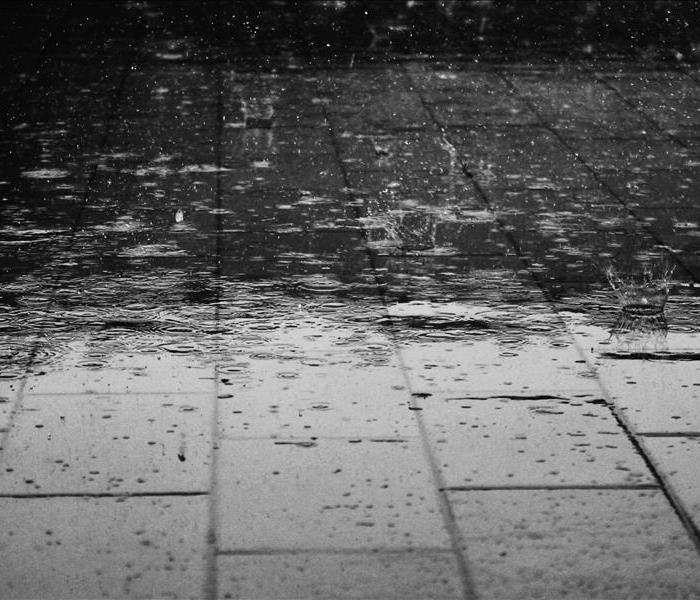Flooding Safety Tips
8/24/2016 (Permalink)
Floods are one of the most common and widespread natural disasters in the United States. Regardless of where your home may be located, there is always potential for flood damage.
Floodsmart.gov reports, in the last 5 years, all 50 states have experienced floods or flash floods. Just because you haven’t experienced a flood in the past, does not mean you won’t in the future. In fact, nearly 20% of all flood insurance claims come from moderate-to-low risk areas.
On average, floods cost $3.5 billion in annual losses in the United State.
According to the American Red Cross, floods cause more damage in the U.S. every year than any other weather-related disaster. American Red Cross offers the following flood safety tips:
Be Prepared:
- Water – at least a 3 day supply, one gallon per person per day
- Food – at least a 3 day supply of non-perishable food
- Radio – either battery powered or hand crank
- Extra batteries
- Multi-purpose tools
- First Aid Kit
- Copies of personal document (Insurance policies, birth certificates and etc.)
- Know what your homeowner’s insurance covers and/or doesn’t cover.
- Because standard homeowner’s insurance doesn’t cover flooding, it’s important to have protection from the floods associated with hurricanes, tropical storms, heavy rains and other conditions that impact the U.S. For more flood safety tips and information on flood insurance, please visit the National Flood Insurance Program Web site at FloodSmart.gov.
- Camera – to photograph damages
Responding Appropriately During a Flood:
- Be prepared to evacuate at a moment’s notice
- Stay away from floodwaters which may contaminated
- Keep children away from water.
Flood Recovery Tips:
- Return home only when officials declared the area as being safe.
- Approach home carefully, look for loose power lines, cracked foundation, and other damages.
- Watch out for wild animals, especially poisonous snakes that may come into your home through flood water.
- If you smell natural or propane gas or hear hissing, get out and call fire department
- During cleanup, wear protective clothing, including rubber gloves and boots.
If a flood does strike your home or business, contact SERVPRO of Milford-Orange-Stratford. Even minor floods have the potential to cause major damage to a structure when not treated properly. Cleanup can often be an overwhelming task. SERVPRO of Milford-Orange-Stratford is prepared to handle any size disaster, to make it like it never even happened!





 24/7 Emergency Service
24/7 Emergency Service
